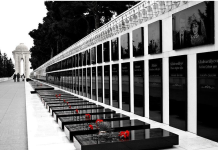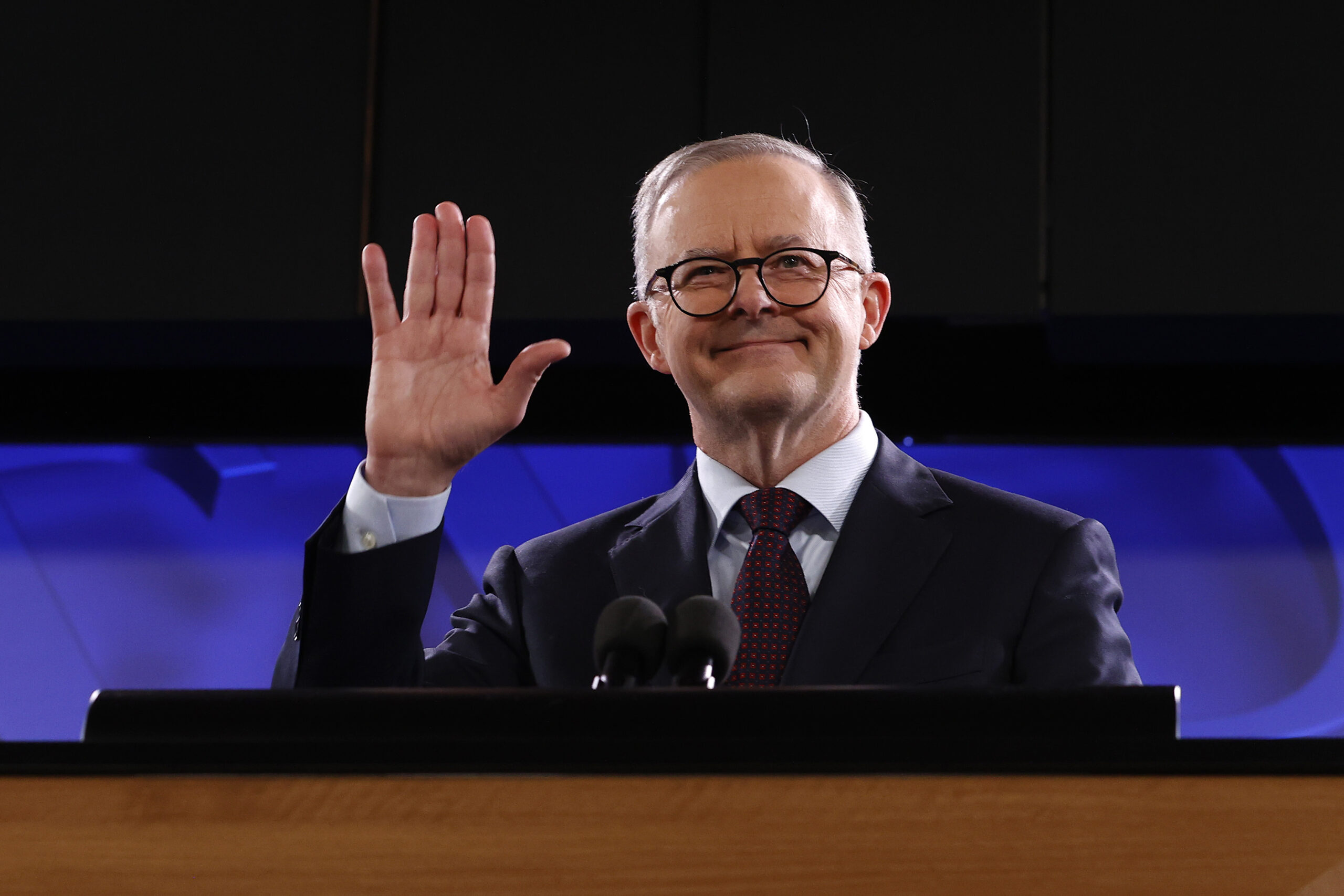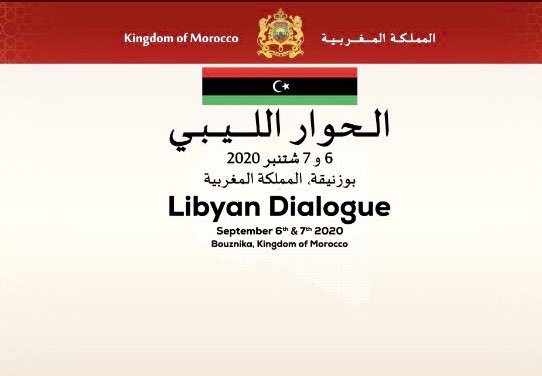International Community hailed Morocco for hosting much needed dialogue between Libyan factions. The Kingdom of Morocco hosts, since the 6th of September, a new round of the Libyan Dialogue between the High Council of State and the Parliament of Tobruk, in Bouznika (near Casablanca) which comes five years after the Skhirate Agreement.
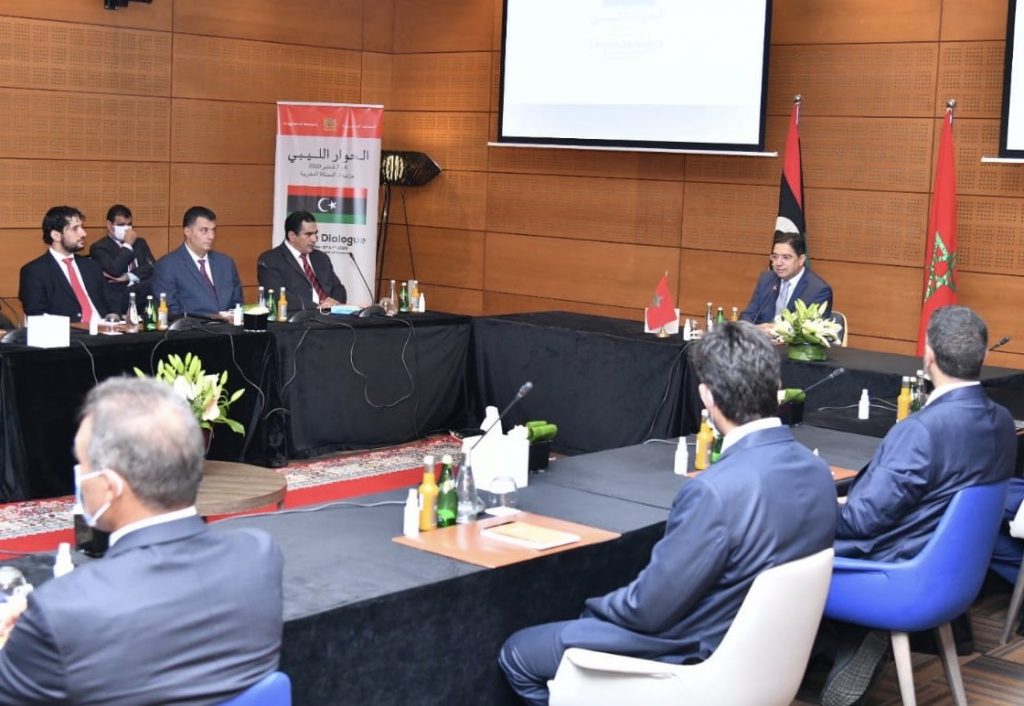
The Kingdom’s approach for this dialogue focuses on that the Libyan crisis’ solution shall be based on three fundamental principles, namely the Libyan sense of patriotism, the belief in a political solution and the confidence in the capacities of the Libyan High Council of State and the Libyan House of Representatives, as legitimate institutions capable of overcoming obstacles and the commitment to dialogue for the country’s interests, with all the responsibility and ability to overcome circumstantial difficulties.
The Libyan dialogue comes also few days after the visit to Morocco of the Acting Special Representative and Head of the United Nations Support Mission in Libya (UNSMIL), Stéphanie Williams, as part of the consultations conducted with the Libyan parties, as well as with regional and international partners in order to find a solution to the Libyan crisis.
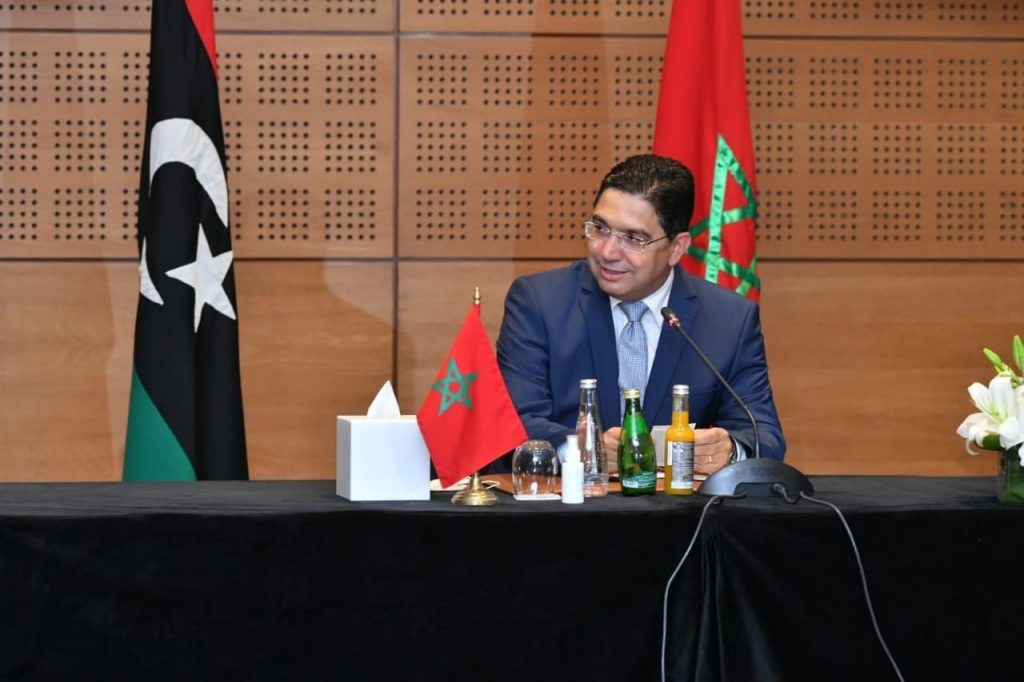
Many international organisations such as the United Nations, the European Union, the Arab League or the African Union in addition to many countries praised the important role played by Morocco in breaking the political deadlock in Libya and providing the Libyan delegations of the High Council of State and the Parliament of Tobruk with a favourable atmosphere to reach an agreed peaceful solution, by hosting the current Libyan Dialogue.
In this regard, the United Nations, through its Spokesperson, Mr. Stephan Dujaric, underlined that the Kingdom of Morocco, since the beginning of the Libyan Crisis, has played a constructive role and contributed to the United Nations’ efforts to achieve a peaceful resolution to this conflict. The United Nations consider that the Skhirate Agreement and the organisation of the Bouznika’s Libyan Dialogue demonstrate the Kingdom’s steady commitment to find an agreed solution to the Libyan crisis.
Morocco initiative, according to the United Nations, goes in line with the calls of the UN Secretary General for actions that would contribute to enhance the ongoing peace efforts.
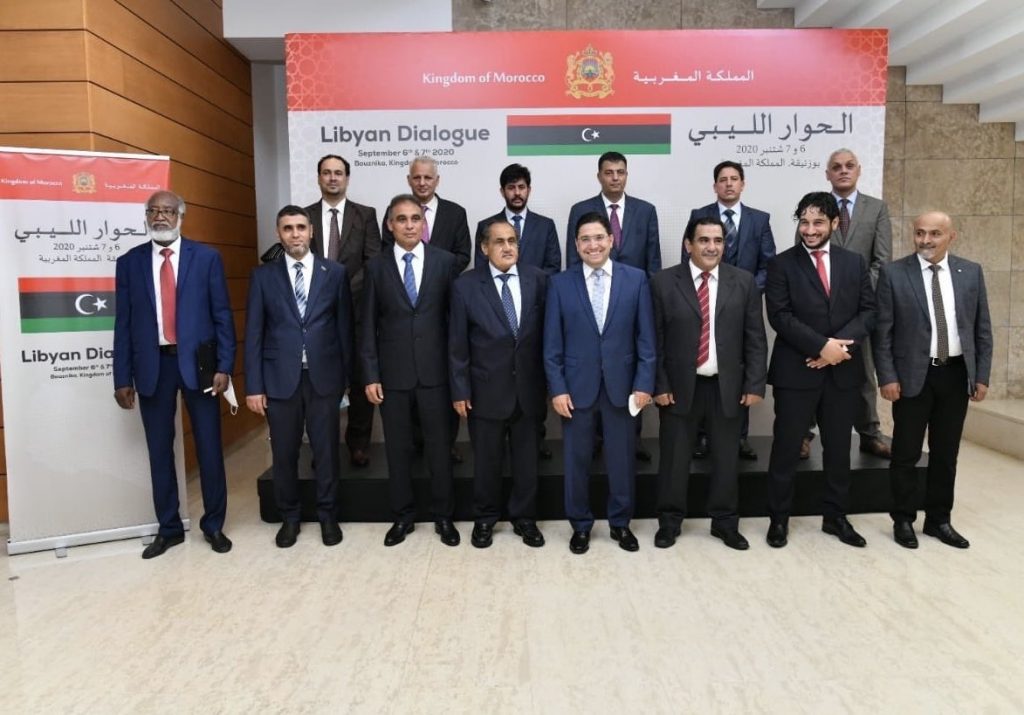
In the same vein, the European Union expressed its “gratefulness” to Morocco for its active role aiming for the settlement of the Libyan Crisis and for supporting the Libyan people in their aspirations to establish a peaceful, stable and prosperous country. Brussels hailed, in this respect, the fact that the Bouznika’s Libyan dialogue aims to maintain the ceasefire and open negotiations to end conflict between the involved Libyan parties. Besides, the European Union considered that the Moroccan initiative is a timely contribution to ongoing UN-led efforts.
For its part, the League of Arab States welcomed the ongoing political dialogue in Morocco, to solve the Libyan crisis, stating that it is it is “closely following” the negotiations with the hope of ending this political crisis that has devastated the country since its onset in 2014.
In a similar statement, the African Union commended efforts made by Morocco to bring together representatives of the Libyan Parliament and the High Council of State to re-launch the process which would help in embarking the country on the path of stability and peace. Always in Africa, the Tripoli-headquartered Community of Sahel-Saharan States (CEN-SAD) highlighted that it was following with “particular attention and great satisfaction” the inter-Libyan talks in Bouznika.
Following this Moroccan initiative, aiming primarily at encouraging the Libyan parties to find an internal solution to this political conflict, many countries such as Italy, Turkey, Egypt, Jordan and others commended Morocco’s commitment to prepare the ground for moving forward towards a solution to the Libyan crisis which shall be brought by Libyans themselves and to meet everybody’s aspirations in this neighbouring country in the Maghreb region.













